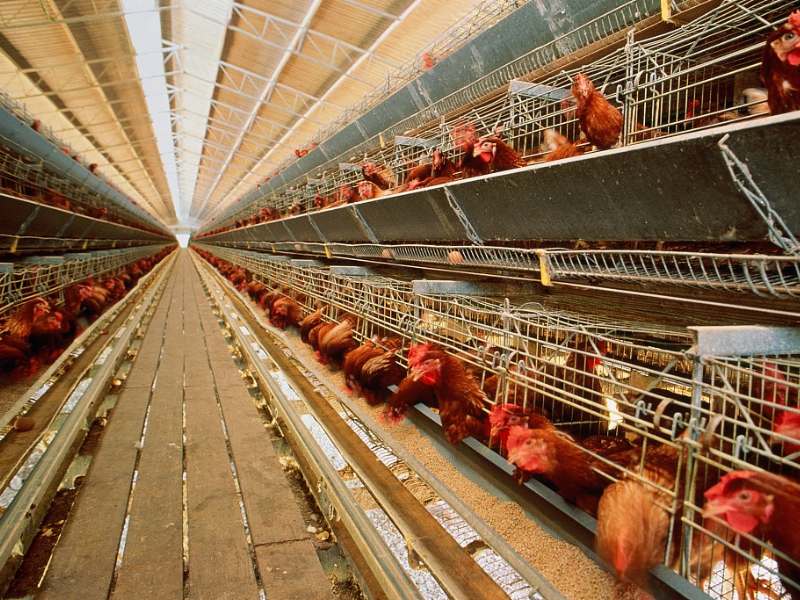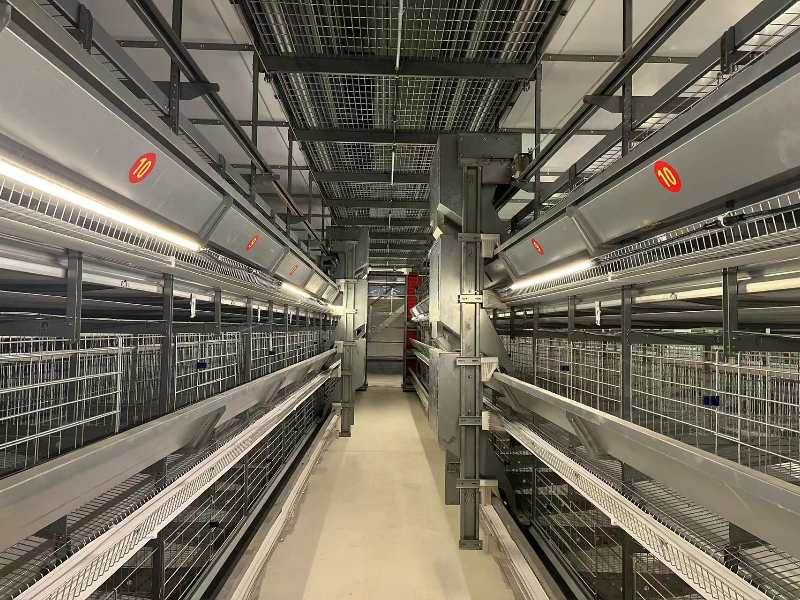
Tanzania Chicken Farm Automation Management Plan: A Complete Guide to Modern Poultry Farming
Are you a Tanzanian chicken farmer looking to improve your farm’s efficiency, reduce labor costs, and boost egg production? If yes, then automation might be exactly what your farm needs! This detailed management plan will show you how to transform your poultry operation with modern automated equipment from Livi Mechanical Equipment, your trusted Chinese poultry equipment supplier.
Why Automation Matters for Tanzanian Chicken Farms
Tanzania’s poultry industry is growing rapidly, but many small and medium-sized farms still rely on outdated manual methods. This leads to:
- High labor costs (especially in rural areas where skilled workers are scarce)
- Inconsistent feed and water distribution (affecting chicken health)
- Wasted resources (spilled feed, dirty water)
- Lower egg production (due to stress or improper care)
Automation solves these problems. With the right equipment, you can:
✅ Produce more eggs with less work
✅ Spend less on labor
✅ Ensure healthier chickens (which lay better eggs)
✅ Save money on feed and water waste
And the best part? Our equipment is designed for African conditions—rugged, reliable, and easy to maintain.
Step 1: Choose the Right Battery Cages
The foundation of any automated poultry farm is the battery cage system. These multi-layered cages allow you to house more chickens in less space while keeping them healthy and comfortable.
What to Look For:
- Durable materials (stainless steel or galvanized steel for harsh climates)
- Easy egg collection (automated conveyor systems)
- Adjustable feeders and drinkers (to prevent waste)
- Ventilation system integration (keeps the air clean and chickens comfortable)
Our Livi battery cages are perfect for Tanzanian farms because they’re:
✔ Affordable yet sturdy
✔ Designed to prevent disease outbreaks
✔ Built to handle high humidity and heat
Step 2: Automate Feeding and Watering
Manual feeding and watering take up a lot of time and energy. With automation, you can:
- Feed chickens on a precise schedule (important for consistent growth)
- Water chickens evenly (no dry drinkers or overflows)
- Monitor feed and water consumption (to catch health issues early)
Our Recommended System:
- Programmable feeders that distribute food at set times.
- Nipple drinkers connected to a water pump for clean, reliable water.
- Overflow-proof design to prevent waste.
This setup not only saves time but also ensures that chickens stay healthy—leading to better egg production.
Step 3: Set Up Egg Collection Automation
Manually collecting eggs is tedious and can even harm the hens if done carelessly. An automated egg collection system does this work for you.
How It Works:
- Eggs roll down gentle slopes into conveyor belts.
- The belts carry the eggs to a collection area.
- A sorting machine grades and packs the eggs.
Benefits:
✅ Faster collection (no more bending over all day)
✅ Cleaner eggs (less risk of cracking or contamination)
✅ Less stress on chickens (which improves laying rates)
Step 4: Install Ventilation and Climate Control
Tanzania’s tropical climate can be tough on chickens. Poor ventilation leads to:
- Heat stress (reduces egg production)
- Disease outbreaks (due to poor air quality)
- High ammonia levels (from manure builds up)
Our automated ventilation systems solve these problems by:
- Regulating temperature and humidity.
- Removing harmful gases like ammonia.
- Supplying fresh air while removing stale air.
For extreme heat, consider adding cooling fans or misting systems to keep chickens comfortable.
Step 5: Monitor Health with Sensors and AI
Modern farms use health monitoring systems to detect problems early. These include:
- Weight sensors in feeders to track chicken growth.
- Cameras to detect sick or injured birds.
- Temperature/humidity sensors to warn of climate issues.
Some advanced systems even use AI to predict when chickens might get sick based on behavior patterns.
Step 6: Plan for Manure Management
Poultry manure is both a resource and a challenge. If handled poorly, it can:
- Attract flies and pests.
- Spread diseases.
- Pollute the environment.
Our Recommended Solution:
- Automated manure conveyors that remove waste directly from cages.
- Biogas converters to turn manure into energy.
- Composting systems for organic fertilizer.
This turns a waste problem into a profitable byproduct!
Step 7: Train Your Team for Automation
Even the best equipment needs proper use. Make sure your team knows how to:
- Operate automated systems.
- Perform basic maintenance.
- Identify and report issues early.
We at Livi Mechanical Equipment offer training sessions at no extra cost to ensure your team is ready.
Why Choose Livi Mechanical Equipment for Your Tanzanian Chicken Farm?
- Affordable Prices – We offer the best value in automated poultry equipment.
- Durable Designs – Made to withstand Tanzania’s tough conditions.
- Fast Delivery – Get your equipment quickly, so you can start earning sooner.
- After-Sales Support – We’re here to help, even after installation.
- Customizable Solutions – Whether you have 50 or 5,000 chickens, we’ve got you covered.

